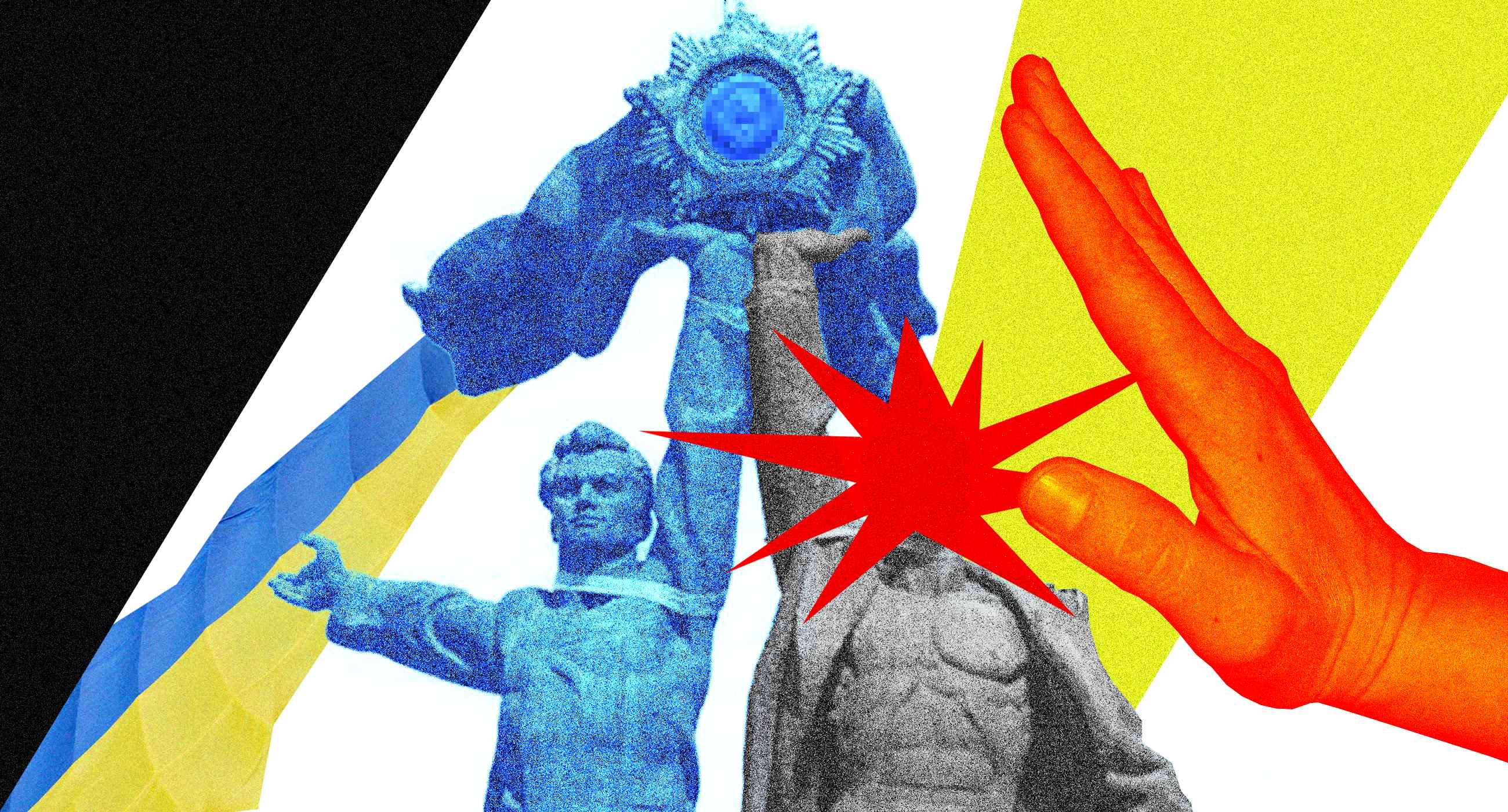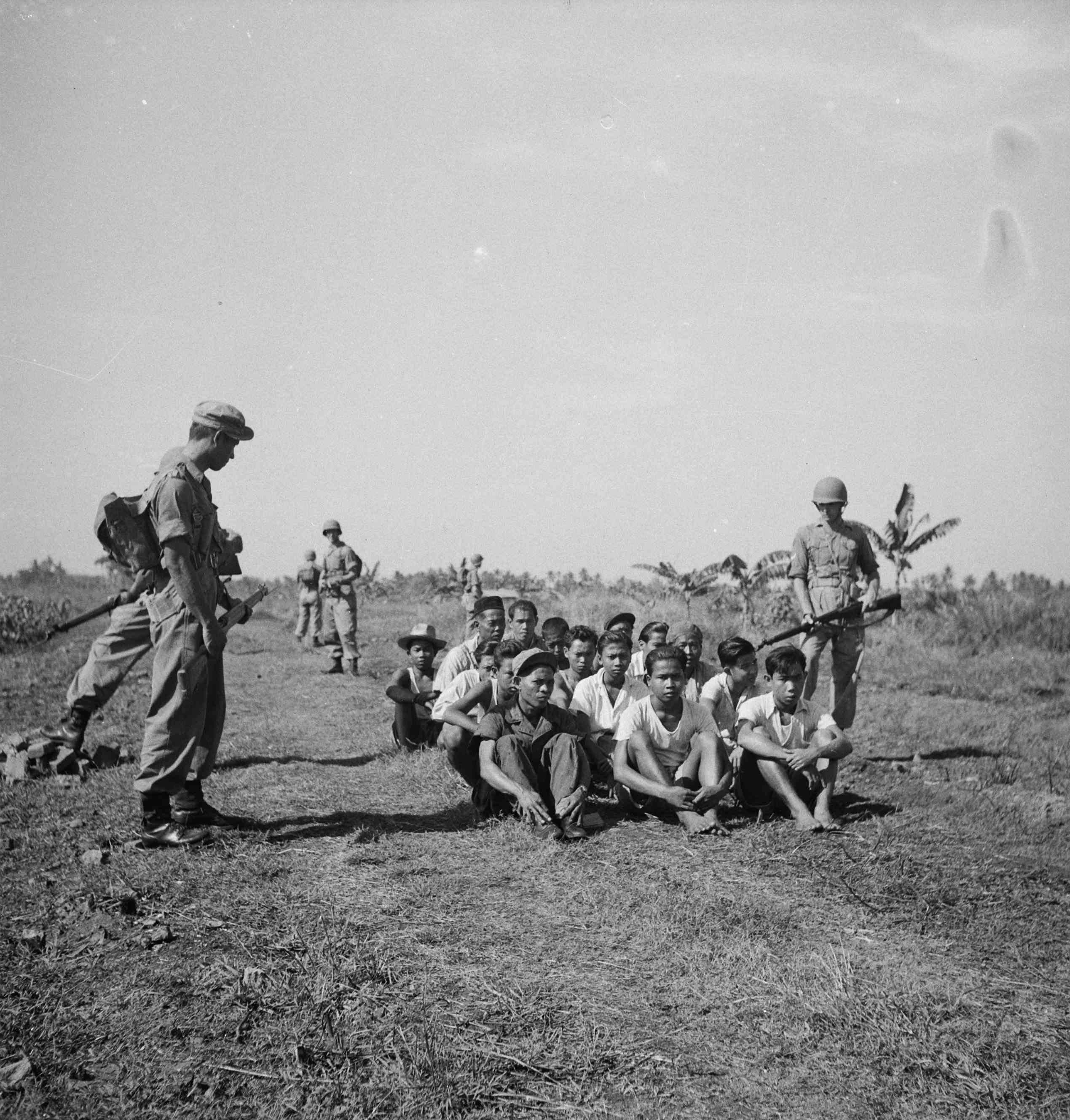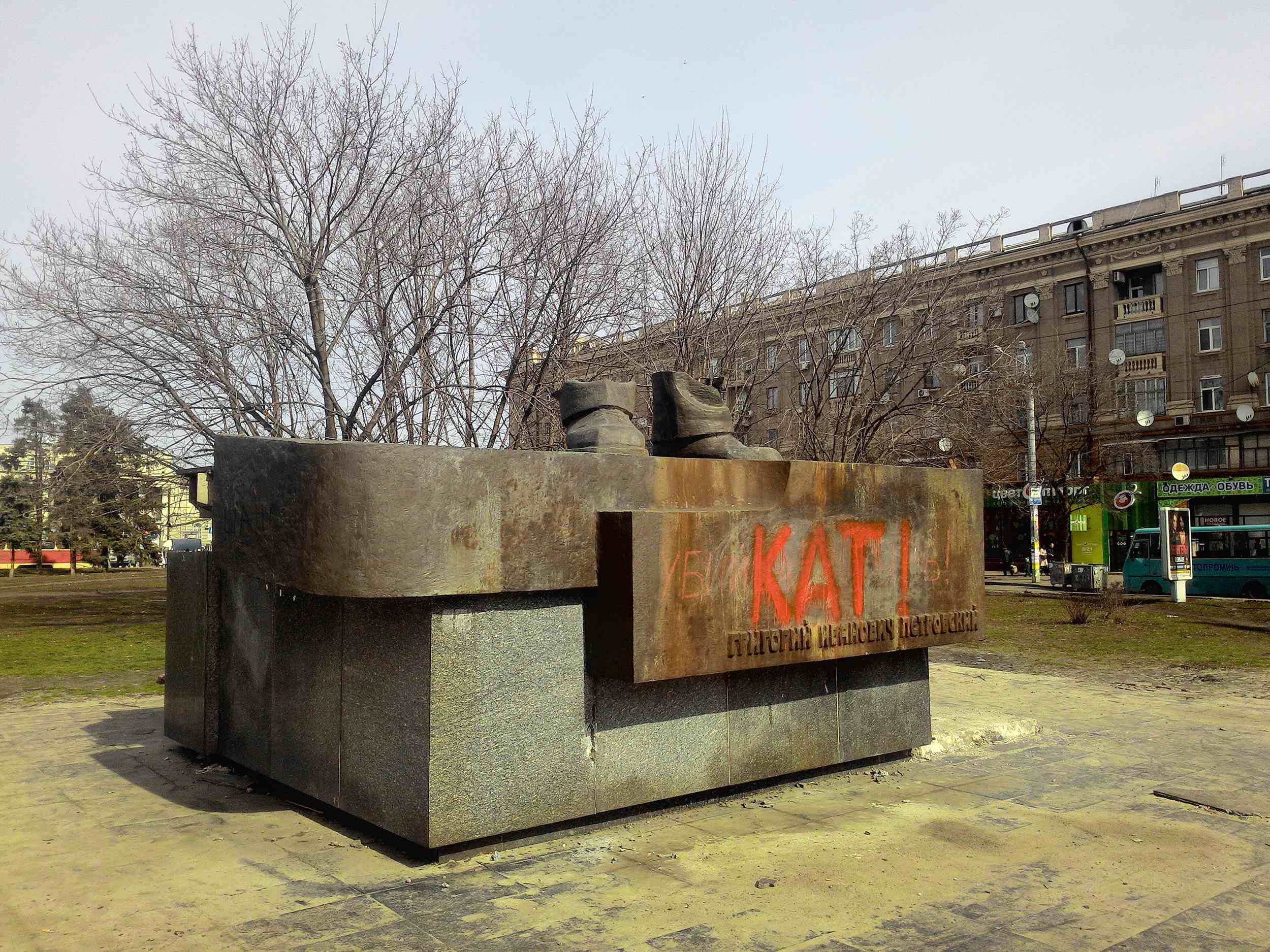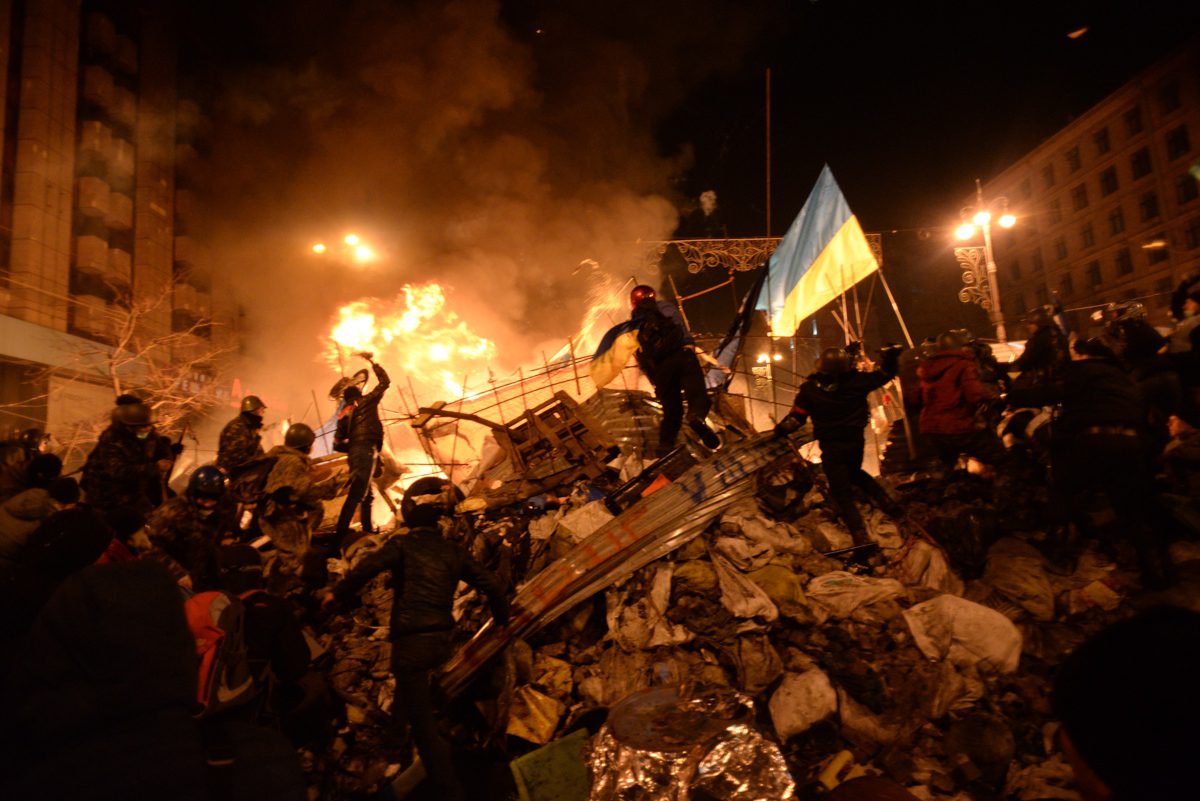A Cure for Colonial Trauma: What Is Decolonization and What Do Ukrainians Have to Do With It?

This is a joint project of Zaborona and Volya Hub, an international network of journalists, investigators, and historians that disseminates information about Russian colonialism. In the first article and video explainer, we analyzed the phenomenon of colonialism, its varieties, and its impact on enslaved peoples. In the second text and video, we sought to answer the question of why Russia is a colonial empire and why the world should realize this. This time, we explain what decolonization is and why this path should be taken not only by the state but also by each of us (the material is also available in a video display format).
What is decolonization?
Decolonization is a process of active resistance to colonial powers and the return of political, economic, educational, and cultural power to countries that were deprived of it as a result of imperial policies. Whereas colonization involves one group controlling the lands, resources, languages, culture, and relationships of another group, decolonization returns these rights to the oppressed group.
Colonization is violence and trauma. Decolonization is the therapy and the cure to help heal this trauma.

Dutch soldiers in the East Indies during the Indonesian National Revolution, 1946. Photo: Wikimedia
The first references to decolonization can be found in the 1830s when the French journalist Henri Fonfeder used the term to criticize France’s occupation of Algeria. However, over the next hundred years, the words “self-determination,” “liberation,” or “revolution” were used to describe the transformations that would replace the world of colonies and empires. But the term “decolonization” became most widely used after World War II when the monopoly powers relinquished control over countries in Africa, Asia, and the Middle East for several decades. In just 30 years after 1945, the number of UN member states grew from 51 to 144.

Young Algerians hang the national flag on the wall of the Kasbah citadel on July 6, 1962, a day after Algeria’s independence. Photo: AFP
Ukraine also gained its independence from the Soviet Union in those decades. However, gaining sovereignty does not guarantee getting rid of the influence of the former metropolis, so Russia, which openly calls itself the successor to the USSR in its constitution, continued to exploit Ukraine’s weaknesses to maintain informal control.
Ukrainians are not the first to face decolonization. The experience of other societies shows that this process can take generations, and it is difficult to name countries that have gone through decolonization completely and successfully. But in the last decade, we can observe clear progress: monuments to the leaders of the slave system are being demolished in England and Belgium; in New Zealand, the government is trying to abandon the colonial name of the state in favor of the name Aotearoa, which was used by the indigenous Maori population; and in Germany, last year, a discussion was raised around museum artifacts stolen from the peoples of Asia and Africa.
How can Ukraine and Ukrainians go through this painful process?
The process of decolonization has two dimensions: institutional and individual. Both have to tear the masks off the culture of the empire and demonstrate its hypocrisy.
Institutional decolonization is a set of government policies aimed at restoring the country’s political, economic, and cultural independence. These include the declaration of independence in 1991, the emergence of the Holodomor Remembrance Day in 2007, and the decommunization laws of 2015.

The pedestal of the monument to Petrovsky in Dnipro (toppled in 2016). Photo: Wikimedia
But this is not enough. The process of decolonization cannot be imposed by the state, so the second vector is important, individual or personal. It is more complicated, as it implies that decolonization should take place in the minds and thoughts of citizens. There is no common algorithm here: individual decolonization depends on each person individually and includes reflection by each of us.
To do this, we should ask ourselves some important questions and try to find answers to them:
- Who are we as Ukrainians?
- What is Ukrainian culture?
- What was the original part of our identity?
- What has been destroyed and imposed artificially?
This is a painful process, but its goal is to separate “ours” from the “imperial”.
Decolonization resembles the desire to leave behind a life with an abuser. The situation is similar to metropolis-colony relations. Trying to analyze our previous experience, we realize that alongside the positive aspects (nostalgia for childhood in a postcolonial country, family traditions formed during the Soviet era), there is violence — psychological (stereotypes about Ukrainians, the humiliation of culture) and physical (annexation of Crimea, the 2014 war, forceful support for the Yanukovych government, etc.)
Many of us loved listening to Russian music and watching The Irony of Fate, following Russian influencers, and praising Russian classics of literature. And for a successful decolonization process, it is important not to be ashamed of our past, when we consumed imperial products or sympathized with the culture of the metropolis. But at the same time, we should not fuel its existence — not hold on to the colonial past, not defend it, and realize that it has no place in the Ukrainian future.

Barricade battles on February 18, 2014, on Independence Square during the Revolution of Dignity. Photo: Wikimedia
It is equally important to find our postcolonial identity, both in the old and the new. Consume the culture that has been neglected and forgotten. To show interest in Ukrainianness and look for us in it. After all, the lack of interest in our culture is fertile ground for the restoration of colonial culture.
Decolonization has no endpoint. This process has its own speed, trajectory, and path for everyone. But each step along the way will lead further away from the culture of the empire. And your personal example of personal decolonization can become fuel and inspiration for others.
This explainer was created as part of the Volya Hub, an international network that promotes education about Russian colonialism and its consequences. Join us using the hashtags: #VolyaHub #ВоляХаб #RussianColonialism #РосійськийКолоніалізм







